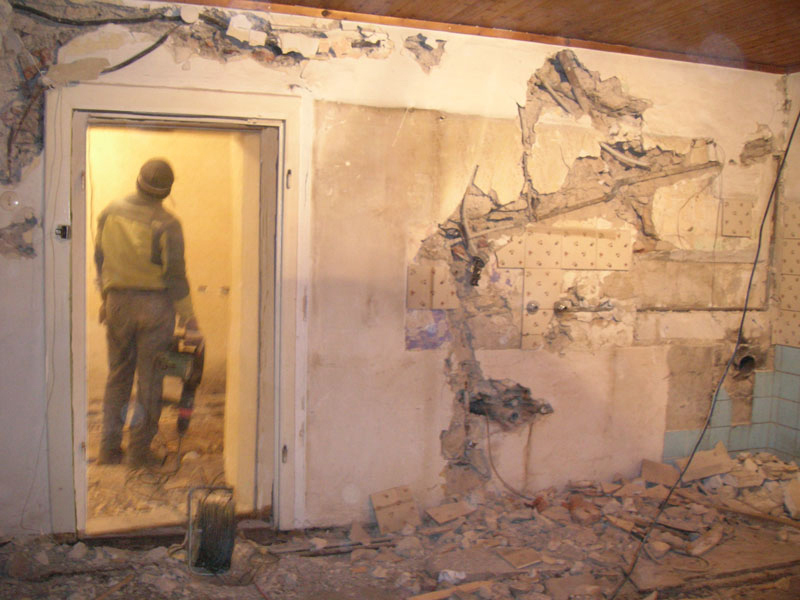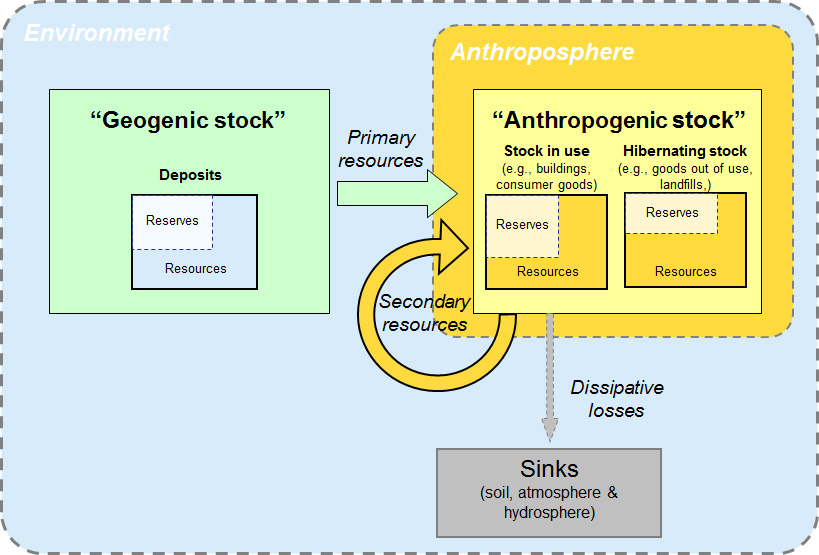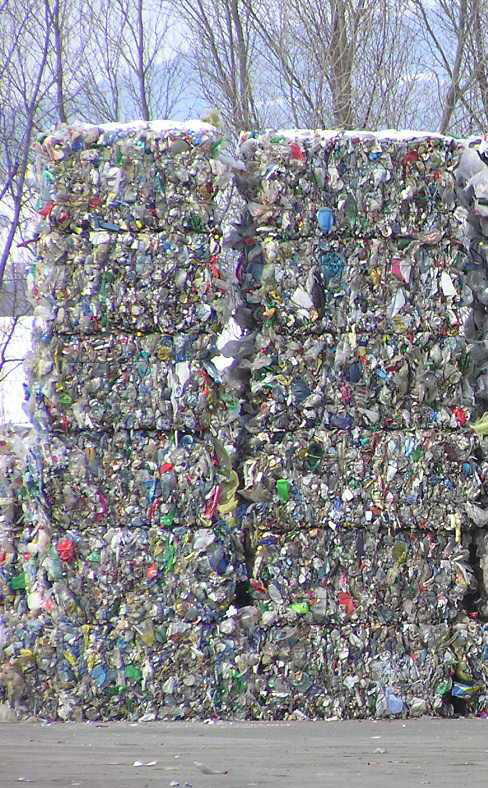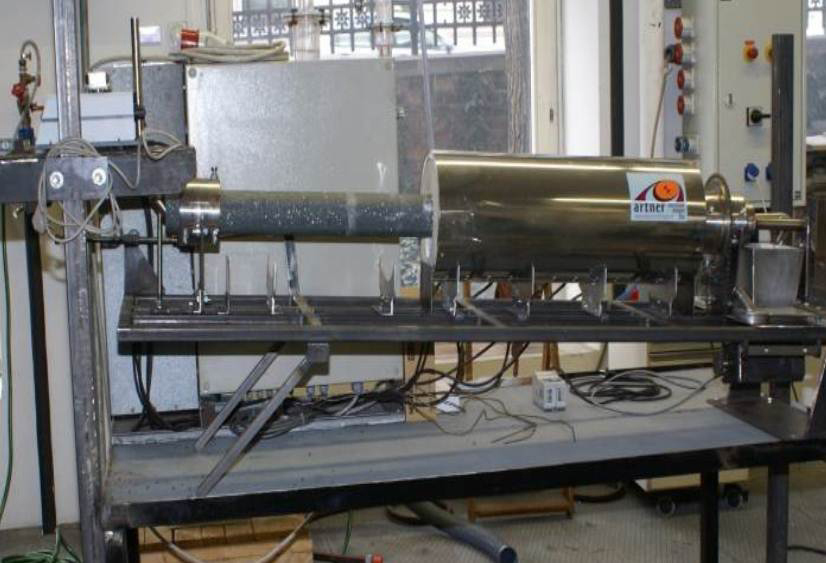CD Laboratory for Anthropogenic Resources
Head of research unit
Commercial Partner
Duration
01.10.2019 - 31.08.2020
Thematic Cluster


Secondary resources are raw materials that can be recovered through recycling. However, knowledge about these raw materials and their availability is very limited. Where can they be found and in what quantities? How can they be utilised most economically? Methods for this are developed here.
In view of the increasing scarcity of raw materials, the importance of secondary or anthropogenic resources is growing. Around 30% of the copper used in Europe already comes from secondary resources, and almost 70% of US demand for iron and steel is covered by waste recycling.
However, secondary resources are much less well researched than primary resources: there are separate branches of science for these, which deal with finding deposits as well as with the question of under what circumstances their utilisation makes economic sense.
Based on this model, the laboratory aims to develop methods for quantifying and localising the deposits of secondary raw materials and evaluating their usability. This will enable secondary raw materials to be managed efficiently.
Methodologically, the laboratory begins with detailed analyses of case studies:
The infrastructure material store, research into aluminium and plastic stocks and metal recovery from flue gas cleaning residues from waste incineration.
An example of the questions: Where is the most economically and ecologically sensible point to separate different materials? Aluminium, for example, can be collected separately or recovered from the slag of waste incineration plants - which makes more sense?
Based on these case studies, a general methodology for the characterisation and evaluation of secondary raw materials will then be developed. This should enable an assessment analogous to that of primary deposits and lead to efficient management scenarios for secondary raw materials. The laboratory is thus making an important contribution to the transition from mere waste management to the management of secondary resources.


Christian Doppler Forschungsgesellschaft
Boltzmanngasse 20/1/3 | 1090 Wien | Tel: +43 1 5042205 | Fax: +43 1 5042205-20 | office@cdg.ac.at


